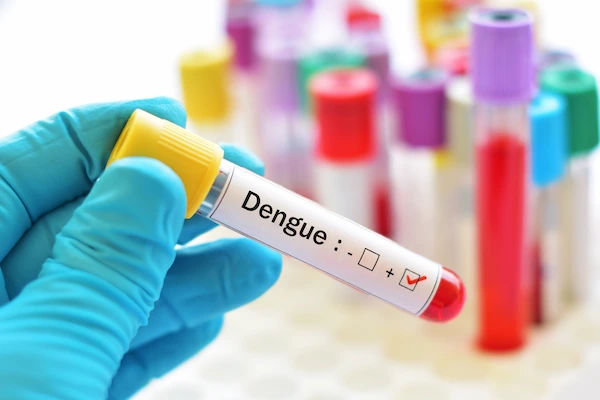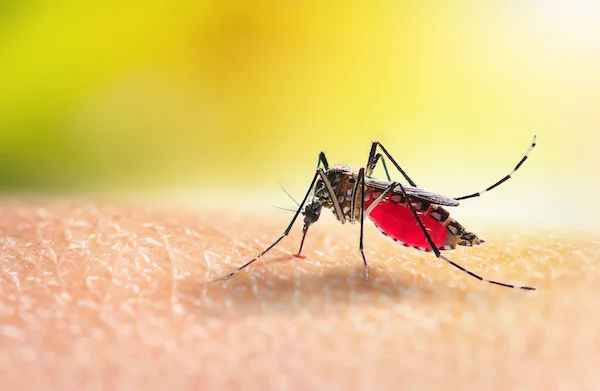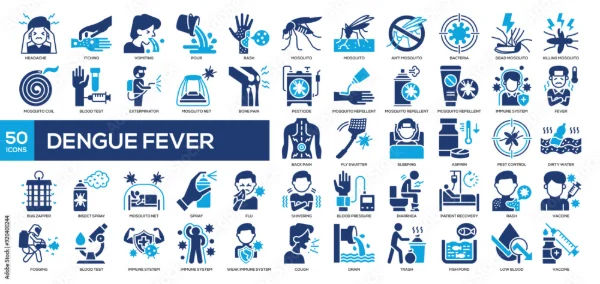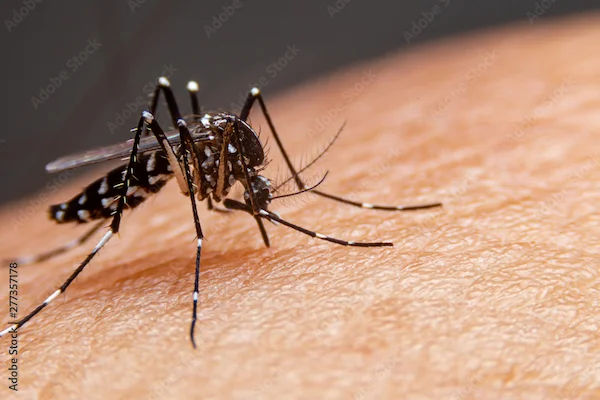How To Increase Wbc Count In Dengue?
Learn effective home remedies, dietary tips, and medical advice to naturally increase white blood cell (WBC) count during dengue and support faster recovery.

Written by Dr.Sonia Bhatt
Last updated on 13th Jan, 2026

Introduction
Dengue fever is a viral illness spread by mosquitoes, and one of its common effects is a drop in white blood cell (WBC) count. WBCs are crucial for fighting infections, so a low count can make recovery slower. If you or a loved one is battling dengue, you might be wondering how to naturally boost WBC levels. Here’s a simple, supportive guide to help you understand and manage this condition better.
Why Does Dengue Lower WBC Count?
Dengue virus attacks the bone marrow, where WBCs are produced, leading to a temporary decrease in their numbers. A low WBC count (leukopenia) weakens immunity, making the body more vulnerable to secondary infections. Monitoring WBC levels during dengue recovery is essential to ensure the body can fight off other illnesses.
Symptoms of Low WBC Count
While dengue itself causes fever, fatigue, and body aches, a low WBC count may lead to:
Frequent infections
Slow wound healing
Persistent weakness
High fever or chills (indicating possible infection)
If you notice these signs, consult a doctor immediately.
Consult Top General Physician
How to Increase WBC Count Naturally?
Since dengue weakens immunity, supporting your body with the right nutrients and care can help restore WBC levels. Here are some effective ways:
1. Eat a Nutrient-Rich Diet
A balanced diet strengthens immunity and aids WBC production. Focus on:
Protein-rich foods: Eggs, lean meat, fish, beans, and lentils help rebuild WBCs.
Vitamin C: Citrus fruits (oranges, lemons), guava, and bell peppers boost immunity.
Zinc: Found in nuts, seeds, and whole grains, zinc supports WBC function.
Iron-rich foods: Spinach, beetroot, and red meat help prevent anemia, which can worsen low WBC counts.
Probiotics: Yoghurt and fermented foods improve gut health, aiding immunity.
2. Stay Hydrated
Dengue often causes dehydration, which can slow recovery. Drink plenty of:
Water
Coconut water (rich in electrolytes)
Herbal teas (ginger or tulsi tea for immunity)
Oral rehydration solutions (ORS) if needed
3. Get Adequate Rest
Rest allows the body to heal and regenerate WBCs. Avoid physical strain and ensure 7-8 hours of sleep.
4. Use Natural Immune Boosters
Papaya leaf extract: Known to increase platelet and WBC counts.
Giloy (Tinospora cordifolia): An Ayurvedic herb that strengthens immunity.
Turmeric milk: Anti-inflammatory and immune-boosting.
5. Avoid Infections
With low WBCs, infections are a risk. Follow these precautions:
Wash hands frequently.
Avoid crowded places.
Keep wounds clean and covered.
6. Monitor Your Health
Regular blood tests can track WBC and platelet counts. If levels remain low, consult a doctor for further treatment.
When to Seek Medical Help?
While natural remedies help, medical intervention may be necessary if:
WBC count remains critically low.
High fever or severe weakness persists.
Signs of secondary infections appear (e.g., persistent cough, urinary issues).
Doctors may prescribe supplements or medications to stimulate WBC production if needed.
Prevention Tips for Dengue
Preventing dengue is crucial to avoid serious complications such as low white blood cell (WBC) counts. Here are some effective tips to help protect yourself and your family:
Use mosquito repellents containing DEET or natural oils, especially during early morning and dusk hours.
Sleep under mosquito nets, particularly in areas where mosquitoes are prevalent.
Wear full-sleeved clothing and long trousers to minimise skin exposure.
Keep your surroundings clean by removing stagnant water from flower pots, coolers, buckets, and other containers.
Cover water storage containers and dispose of unused items that can collect water, such as tyres and bottles.
Conclusion
Increasing white blood cell (WBC) count during dengue is essential for a strong immune response and quicker recovery. By following a nutrient-rich diet, staying well-hydrated, getting adequate rest, and considering natural remedies under medical supervision, patients can support their body's healing process. While home care plays a significant role, it’s important to monitor symptoms closely and seek professional medical guidance to manage complications effectively. With the right approach, restoring WBC levels and regaining strength is achievable.
Consult Top General Physician
Consult Top General Physician

Dr. Syed Ismail Ali
General Practitioner
7 Years • MBBS
Hyderabad
Apollo 24|7 Clinic, Hyderabad

Dr. Srujana Mulakalapalli
General Physician/ Internal Medicine Specialist
5 Years • MBBS, MD (GENERAL MEDICINE)
Bengaluru
Apollo Medical Center, Marathahalli, Bengaluru
(25+ Patients)

Dr. Vivek D
General Physician
4 Years • MBBS
Bengaluru
PRESTIGE SHANTHINIKETAN - SOCIETY CLINIC, Bengaluru

Dr Syed Mateen Pasha
General Physician
2 Years • MBBS
Bengaluru
PRESTIGE SHANTHINIKETAN - SOCIETY CLINIC, Bengaluru

Dr. Harshendra Jaiswal
General Physician/ Internal Medicine Specialist
12 Years • MBBS , MD (General medicine)
Kolkata
108 DHANA DHANVANTARI Clinic, Kolkata
(25+ Patients)
Consult Top General Physician

Dr. Syed Ismail Ali
General Practitioner
7 Years • MBBS
Hyderabad
Apollo 24|7 Clinic, Hyderabad

Dr. Srujana Mulakalapalli
General Physician/ Internal Medicine Specialist
5 Years • MBBS, MD (GENERAL MEDICINE)
Bengaluru
Apollo Medical Center, Marathahalli, Bengaluru
(25+ Patients)

Dr. Vivek D
General Physician
4 Years • MBBS
Bengaluru
PRESTIGE SHANTHINIKETAN - SOCIETY CLINIC, Bengaluru

Dr Syed Mateen Pasha
General Physician
2 Years • MBBS
Bengaluru
PRESTIGE SHANTHINIKETAN - SOCIETY CLINIC, Bengaluru

Dr. Harshendra Jaiswal
General Physician/ Internal Medicine Specialist
12 Years • MBBS , MD (General medicine)
Kolkata
108 DHANA DHANVANTARI Clinic, Kolkata
(25+ Patients)




